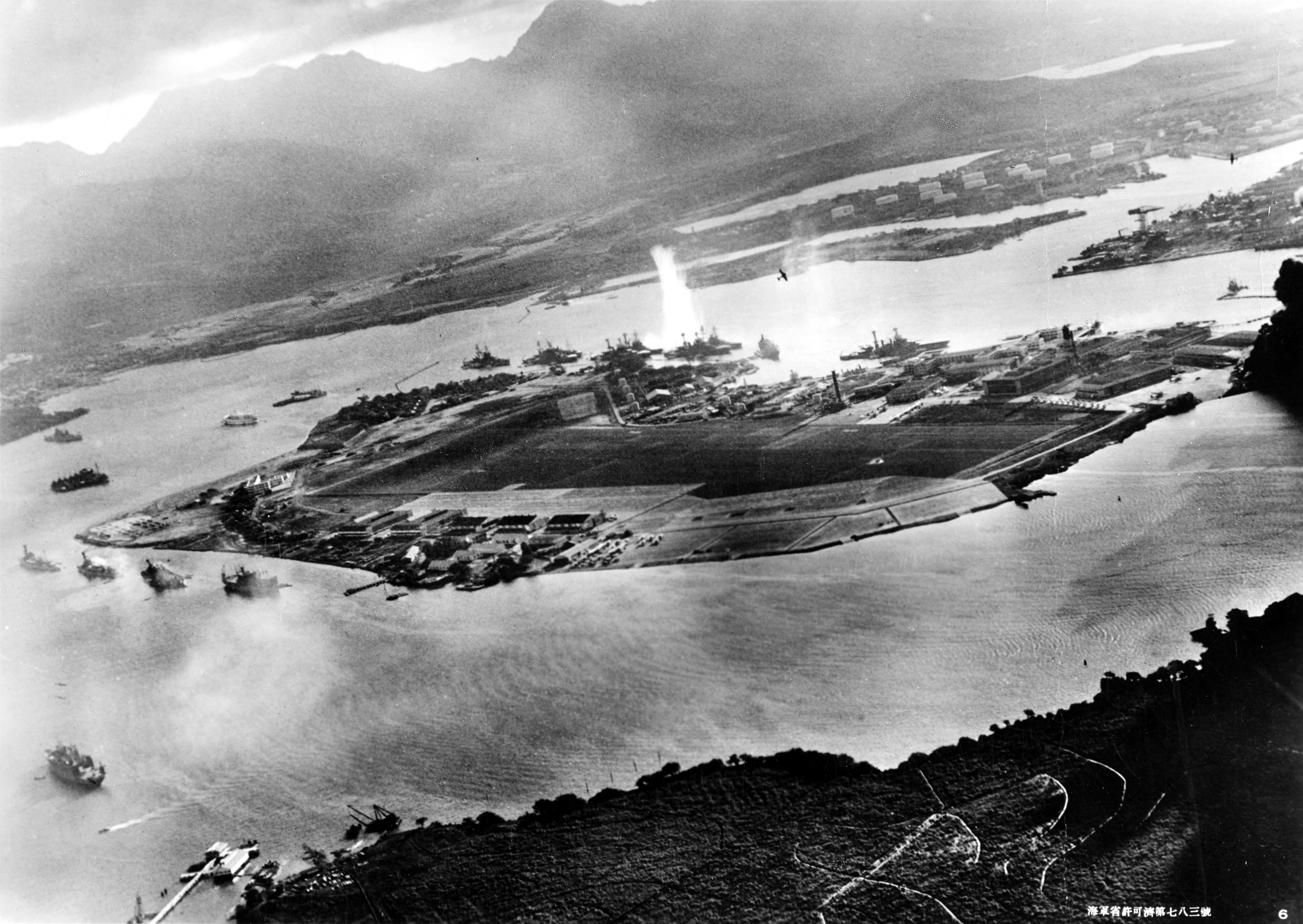On this day seventy-four years ago, military forces deployed by the Empire of Japan unilaterally attacked the United States Navy's Pacific Fleet at their new headquarters at Pearl Harbor, Hawaii.
The attack killed over 2,400 Americans and united a previously divided and isolationist country into declaring war on Japan the following day, December 8, with President Franklin Delano Roosevelt famously referring to the previous day as "A day which will live in infamy" in his address to Congress seeking said declaration of war.
Three days later, on December 11, Nazi Germany and Fascist Italy declared war on the United States, and we were fully embroiled in the Second World War.
My family on both sides was shaped forever and profoundly by the Great War: my paternal grandfather and maternal great-uncle both served in the Pacific theater, with my uncle not returning home after being KIA on Okinawa in 1945, mere months before the end of hostilities.
Seventy-four years ago, decisions made by men halfway around the world would drag my family's adopted country into a war that changed life--or ended it--for all of us. And I know we are but one of millions of families for whom that is the case.
All of this took place, though, on a day seventy-four years ago, in 1941. We rightly tell ourselves that we must not forget--and indeed, we must not, because the sacrifices that the democracies of the world underwent in order to secure a complete and total defeat over fascism were immense, severe, and extreme.
But I also want us to lend an ear to this need to remember something a whole lifetime ago the next time we would dare to utter, say, that African-Americans ought to get over their enslavement and disenfranchisement at our hands, or that First Nation Persons ought to get over their slaughter and inhumane treatment at our hands.
A country's sins are many, and this true of almost any nation: Japan for attacking us at Pearl Harbor, Germany for the Holocaust and its gauntlet of anti-Semitic policies, Stalinist Russia for its total purges and use of gulags, and even us for our internment of Japanese-American citizens and our poor treatment of African-American soldiers who fought Nazism and fascism only to come home to a racist welcome.
Days of reflection such as these ought to be days in which we are more able to reach for a bit of humility, of humbleness, that allows us to affirm our identity and revere the people who died to keep that identity alive, but to also respect that there are indeed those things that we have done to which other people will likewise say, "Never forget!"
I see such steadfast resoluteness to refuse to acknowledge such violent harm done very single year from the government of Turkey--and from their enablers in the United States--as they refuse to acknowledge the Armenian Holocaust of the First World War as a genocide. The pain those refusals inflict on me is not a pain I would wish upon any other person.
Let us, then, be honest--so far as the evidence allows us to be--of our own history, all of it. And may that honesty likewise serve as a right and moral tribute to those who gave their lives so that more of the world might live in freedom.
Longview, Washington
December 7, 2015
Image courtesy of Wikipedia.

No comments:
Post a Comment